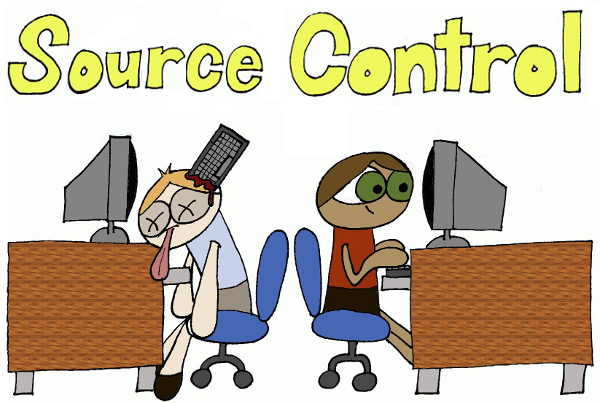Hi again!
Computer-Aided Software Engineering (CASE) tools are those which help you saving time and efforts across your Software Development Life Cycle (SDLC), and include project management tools, editing tools, programming tools, housekeeping tools, testing and measurement tools, and more. The below diagram describes a standard CASE architecture.


A major type of programming CASE tools is code generation tools, that write codes on behalf of the programmer, which only need to address the rules, conditions, layout specifications, …etc, usually through the tool Graphical User Interface (GUI).
A variety of code generators are available in the market. Some are free, and probably open source, and the others are commercial. Some are very specific or limited to generate HTML snippets, PL/SQL stored procedures …etc, but some are as generic as being able to make source code of an entire system.
I would like to introduce a very interesting example of code generating tools that I personally use in making reporting web pages at work. This tool saves my time and effort by doing the job of two days in less than two hours. ASP.NET MAKER is the best CASE tool among the ones I use, and I would highly recommend it to my blog visitors in the coming few paragraphs.
Here is how it works:
1. You connect it to a particular database and schema (unfortunately only one schema is allowed to be connected to the application per project) :

2. You load the entire database objects (mainly tables & views), or you load the database dynamically in order to only choose the objects that you need (I use this option that is faster and more reliable).

3. You choose the table(s) and/or view(s) that you would like to work on, then ASP.NET MAKER offers to make a view, list, add, update, and/or search pages for you, with a lot of features like filters, search options, exporting to Excel, …etc
4. You choose the programming language, .NET framework version, and some other environment criteria options of your ASP.NET source code which ASP.NET MAKER will write on your behalf.

5. You choose the HTML format of the page in terms of appearance and content. You can also embed a CSS and use it, or choose a predefined theme from the ones that are built-in.

6. ASP.NET MAKER can make a professional login page for you, and you can almost fully customize it upon your need.

7. Finally, you just need to decide where would you like the application to place your source code, and click the button “Generate”, and then you are done.

Although it is an excellent application, which does generate very good code, sometimes you still need to access the source code and resolve little bugs here and there, or do final touches by yourself.
Cheers!










